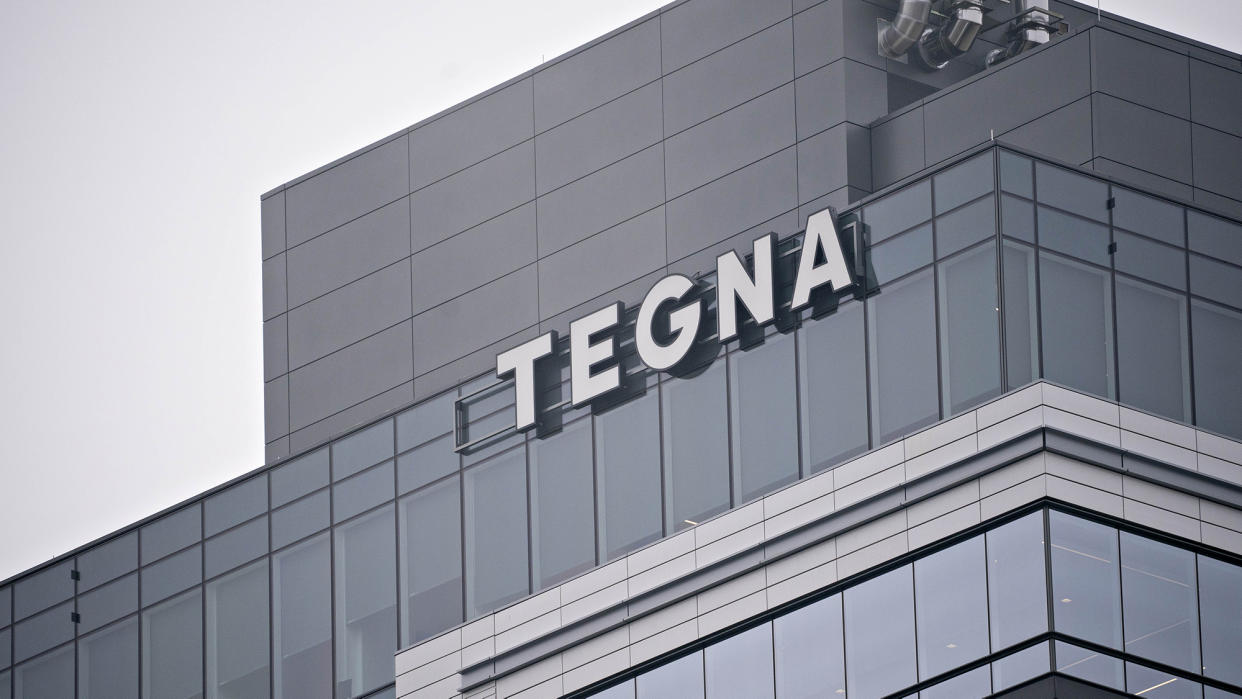Parties Spar at FCC as Standard General-Tegna Financing Deadline Looms

- Oops!Something went wrong.Please try again later.
Heavy hitters from both sides of the Standard General-Tegna merger debate, including former Democratic chairs of the FCC and FTC, met with the FCC’s Republican commissioners last week as the companies attempted to get the FCC to give them a thumbs up or a thumbs down on the deal ASAP.
The companies said the purpose of the meetings was “to find a path forward from the Commission’s unprecedented inaction on the deal.” Deal opponents said the meetings were futile, highly unusual and bordering on improper — they said that the Federal Communications Commission’s office of general counsel “apparently advised at least one commissioner against holding such a meeting.”
The FCC’s Media Bureau has been vetting the proposed merger for almost a year, and after multiple requests for more documents and data from the companies, said there were still issues that needed fact-finding, so it designated the deal for hearing before the FCC’s administrative law judge (ALJ).
The FCC and those opposing the deal said that designation was because there were still public-interest issues related to jobs and retransmission-consent negotiating leverage that required it. Standard General and Tegna have said those matters were nonissues and it was, instead, the FCC’s way of killing the deal by ensuring no decision would be made before a May 22 deadline for funding the merger.
Also Read: Soo Kim Says FCC Hearing Designation Is Deal ‘Kill Shot’
Tegna, which owns 64 TV stations in 51 U.S. markets, agreed to be acquired by Standard General in February of 2022 for $8.6 billion including debt. McLean, Virginia-based Tegna also owns multicast networks True Crime Network, Twist and Quest, as well as advanced-advertising company Premion.
Among the big names on the Standard General-Tegna side, according to an FCC filing, were Standard General founding partner Soo Kim; Tegna president Dave Lougee; former Democratic FCC acting chair Mignon Clyburn, who now runs her own advocacy shop; and Jon Leibowitz, former Democratic Federal Trade Commission chair and a partner with law firm Davis Polk & Wardwell.
Among those representing the unions and others who petitioned the FCC to block the deal (unions the NewsGuild-CWA and National Alliance of Broadcast Engineers and Technicians-CWA, the United Church of Christ Media Justice Ministry and Common Cause) were Cheryl Leanza and Andrew Jay Schwartzman.
Standard General said in a summary of the proceedings that it had asked for meetings with all four commissioners, but only the Republicans agreed to do so.
It told those commissioners that continued FCC inaction would cause “immense harms” to the entire broadcast industry and said they had made “extraordinary commitments to exapnding news and preserving jobs,” promises a Tegna without Standard General could not make going forward given financial pressures on public companies. They also warned of the “dangerous precedent” the FCC was setting that could drain lenders from broadcasting to “other industries” lacking such regulatory foot-dragging and uncertainty.
Also Read: FCC Was Right Not to Greenlight Deal (Guest Blog)
As to the meetings and the push for an up-or-down vote being unusual, Leibowitz said at the meeting that the deal-vetting process had been “one long series of unusual and unprecedented actions by the commission which had deprived the Applicants of a fair and timely process and which now may require unusual action from the commission to correct.”
Schwartzman and Leanza told the commissioners that the Media Bureau's designation of the deal for hearing, which they conceded will almost certainly mean no decision before the financing runs out, was justified by the complexity of the deal, the “involvement of private equity and hedge funds” and “factual discrepancies in Applicants’ statements and confidential documents.“
Also Read: Jesse Jackson Backs SG-Tegna Deal
Deal critics have previously pointed to the fact that Standard General is a private equity firm as an argument against approval, but Kim said that those critics are “misguidedly demonizing all ‘private equity’ and in doing so are condemning the pensioners, endowments and foundations that invest in alternative investment managers like Standard General.”
Those critics clearly disagree: “[The] meetings at the FCC appear to have been nothing more than a desperate attempt by two Wall Street funds, Standard General and Apollo Global Management, and their attorneys to spin the facts and prepare for likely litigation after their deal implodes in less than two weeks,” they said in a statement.

